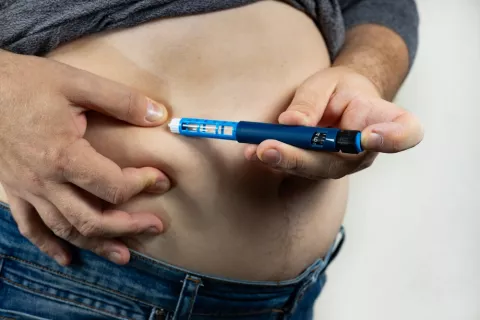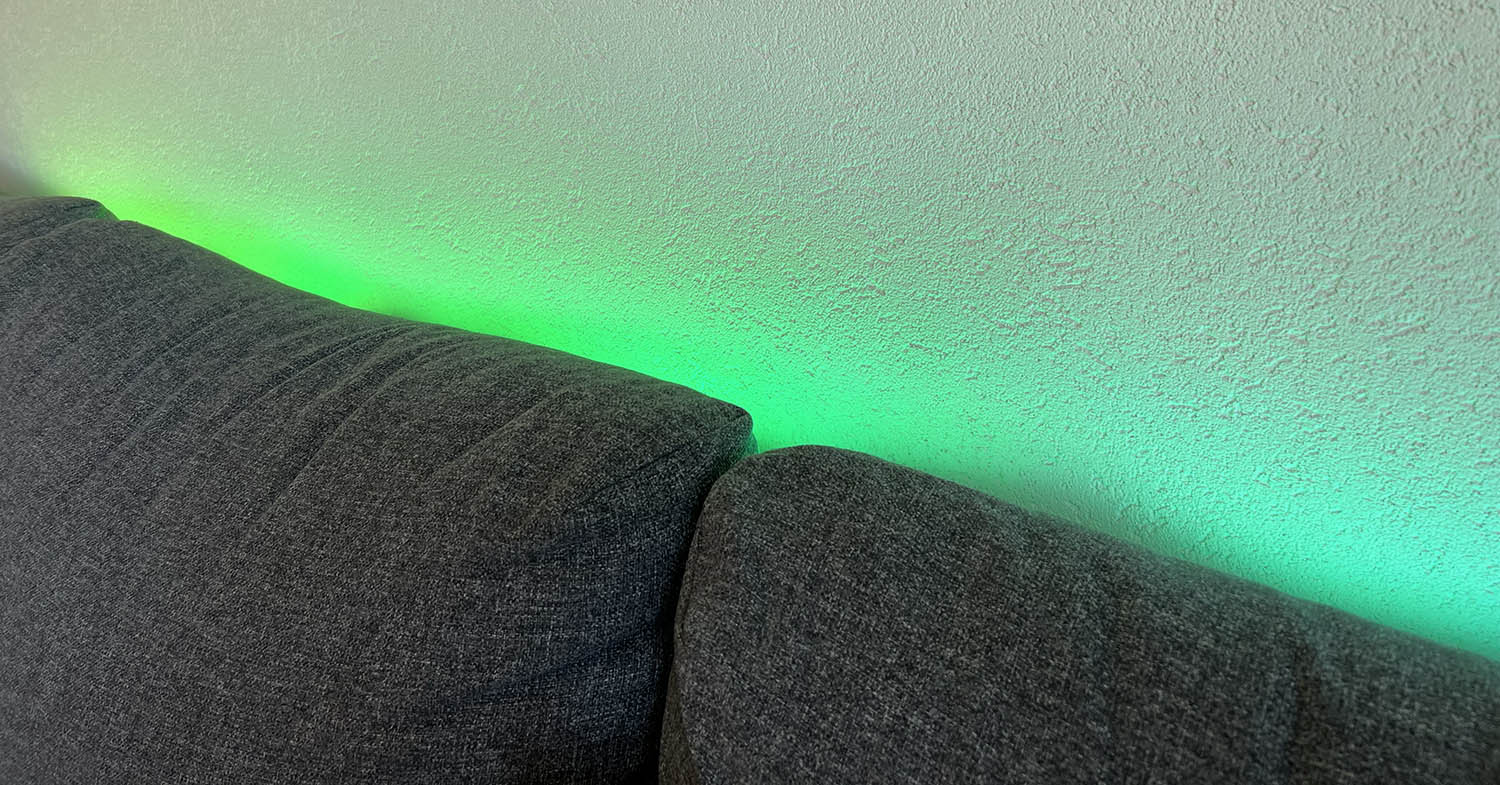The protection of vaccines against COVID-19 is reduced over time, therefore, the administration of a booster dose was recommended – which used to be the third – and now it was being considered whether a fourth dose could provide extra protection. A study has answered this question, indicating that it does provide additional defense against SARS-CoV-2.
However, the most striking thing about the research, published in The BMJ magazine, is that it has found evidence that the effectiveness of the fourth dose against COVID-19 lasts less than the third. The tests have been carried out by members of the Kahn Sagol Maccabi Research and Innovation Center (Israel) and with the Pfizer-BioNTech vaccine (BNT162b2).
The study is based on a sample of 97,499 people aged 60 or older who were in the group eligible to receive a fourth dose of the COVID-19 vaccine and who underwent at least one PCR test during the 10-week study period. Of the total, 27,876 received a fourth dose of the Pfizer vaccine and 69,623 only had three doses, 106 individuals died in the follow-up time, 77 had three doses and 23 had four doses.
Efficacy against infection decreases
The results of the research showed that the fourth dose against the coronavirus provided additional protection against the virus and helped prevent the development of serious illness in the first three weeks after administration, compared to those who only received three doses.
The maximum efficacy of the vaccine against infection was obtained in the third week after the puncture and was reduced to 22% at the end of the tenth week
However, the relative efficacy of the fourth vaccine against infection decreased rapidly over time, reaching its maximum protection in the third week, with 65.1% efficacy, and falling to 22% at the end of the tenth week. week. In addition, the authors indicate that in the fifth week after the injection of the fourth dose, the relative effectiveness precipitated to levels similar to those in the first week, when all the antibodies have not yet been generated.
Regarding the relative efficacy of the fourth dose against severe COVID, the researchers found that it remained at high levels throughout the study period, although they emphasize that it was a prognosis that only occurred in less than 1% of the participants. , regardless of the number of doses they had received.
“The implications of our finding should be considered in light of local and global vaccine resource allocation, as the fourth dose of vaccine is deliberate in older, high-risk populations,” the authors explain. In Spain, the president of the Spanish Association of Vaccinology, Amós García Rojas, has stated that “we must be very careful when recommending booster doses. At this time there is no scientific evidence to indicate the recommendation of a fourth dose, except in people possibly over 80 years of age or under that age who are immunosuppressed.
.









